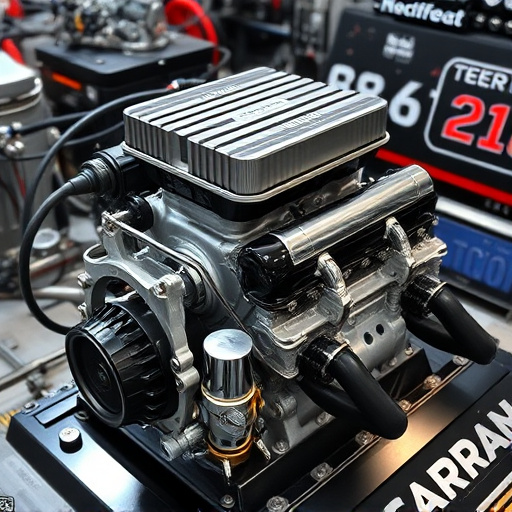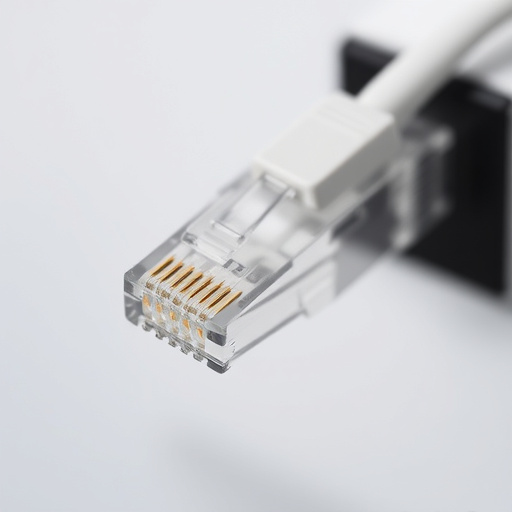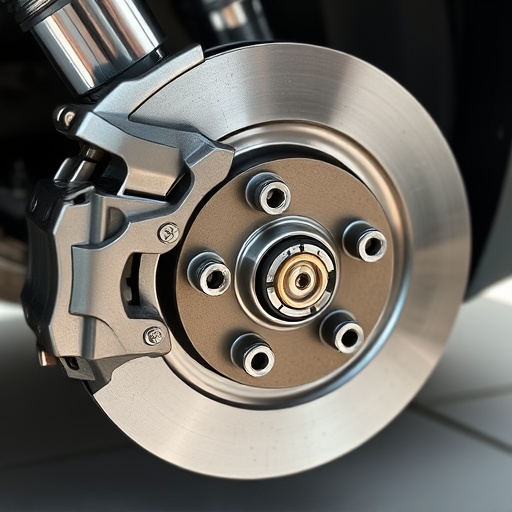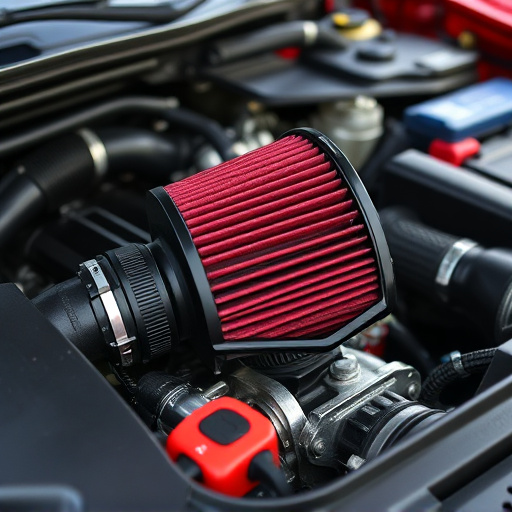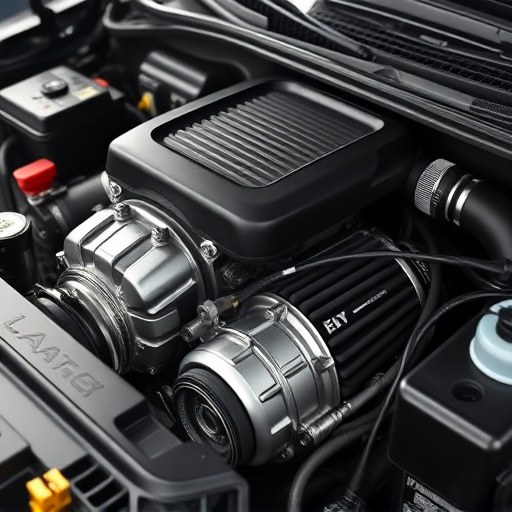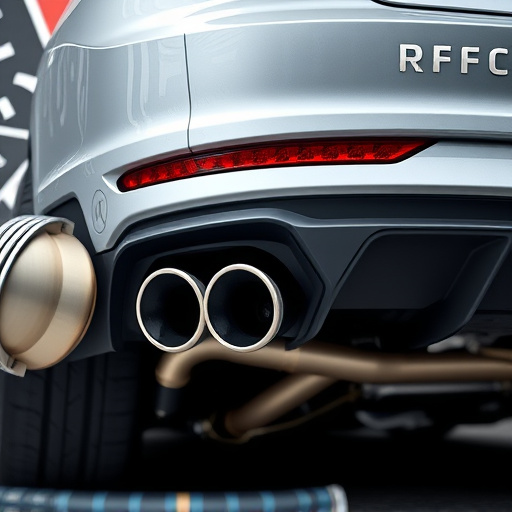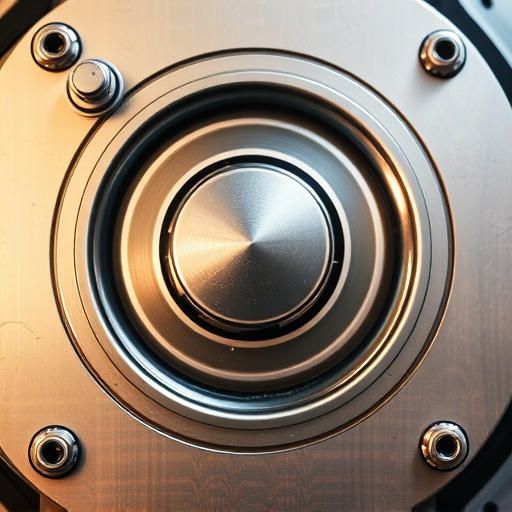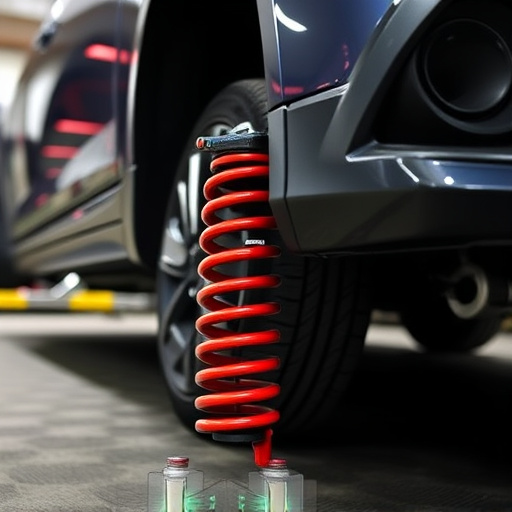Brake pads and rotors are essential for vehicle safety, efficiency, and dynamics. They improve fuel economy by minimizing energy loss, enhance handling with superior friction and heat dissipation, and regular maintenance significantly benefits performance and control. Outdated or worn brakes increase drag, leading to higher fuel consumption. High-quality brake pads reduce wear on rotors, easing engine workload and contributing to smoother driving and improved combustion efficiency.
Brake pads and rotors, often overlooked components in your vehicle’s arsenal, play a pivotal role in enhancing fuel efficiency. This article delves into their crucial function, revealing how these parts contribute significantly to reducing fuel consumption. We’ll explore strategies to optimize their performance, ensuring your car’s braking system works efficiently, thereby saving gas. By understanding brake pads and rotors, you can make informed choices for greener driving.
- Understanding Brake Pads and Rotors' Role
- The Impact on Fuel Consumption
- Strategies for Optimal Efficiency
Understanding Brake Pads and Rotors' Role
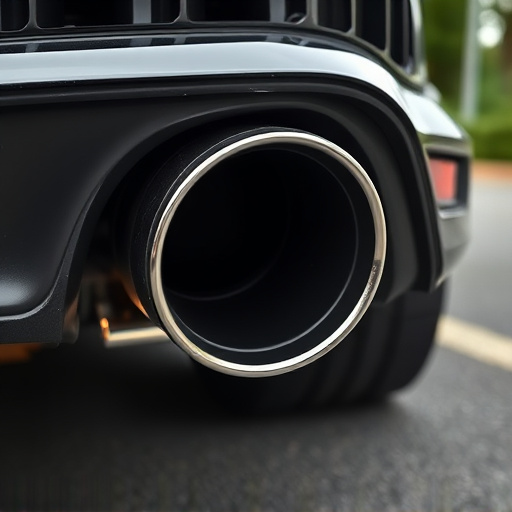
Brake pads and rotors play a pivotal role in a vehicle’s overall efficiency and safety. These components are integral to the braking system, responsible for translating the driver’s input into controlled deceleration. When driving, friction between brake pads and rotors slows down the car, bringing it to a stop. The effectiveness of this process directly impacts fuel efficiency; inefficient braking can lead to increased energy loss, resulting in lower mileage per gallon.
Regularly maintaining and upgrading brake pads and rotors can significantly enhance performance exhaust and overall vehicle dynamics. Modern brake pad materials are designed to offer superior friction, enabling more efficient stopping power while minimizing wear on rotors. Additionally, advanced rotor designs improve heat dissipation, reducing the risk of overheating during frequent or aggressive braking. This, in turn, contributes to better suspension components’ performance, as well as improved handling and control.
The Impact on Fuel Consumption
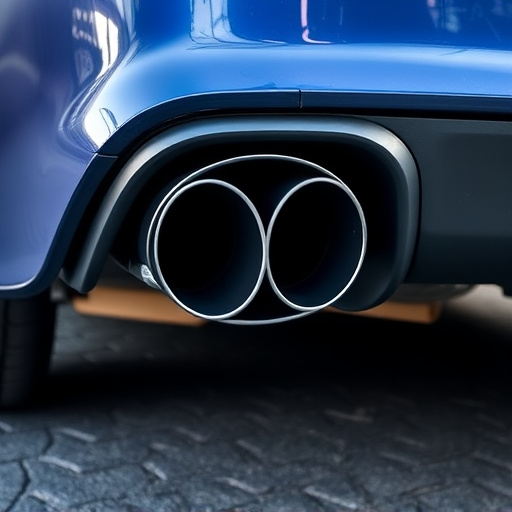
The condition of your vehicle’s brake pads and rotors significantly influences its overall fuel efficiency. Outdated or worn-down brakes can lead to increased drag, as the vehicle has to work harder to slow down. This results in a higher fuel consumption, especially during city driving where frequent stopping is common. By replacing old brake pads with new ones, drivers can notice a decrease in fuel usage, as the braking system becomes more responsive and requires less energy to function.
Additionally, the interaction between brake pads and rotors contributes to the overall aerodynamic performance of your car. Well-maintained brakes ensure smooth and precise stopping, reducing the likelihood of sudden or harsh decelerations. This, in turn, minimizes air resistance, which is a key factor affecting fuel efficiency, especially at higher speeds. Moreover, keeping your vehicle’s braking system in top shape can complement other modifications like high-performance air filter kits, efficient exhaust mufflers, and smart muffler tips, all of which collaborate to enhance overall fuel economy.
Strategies for Optimal Efficiency
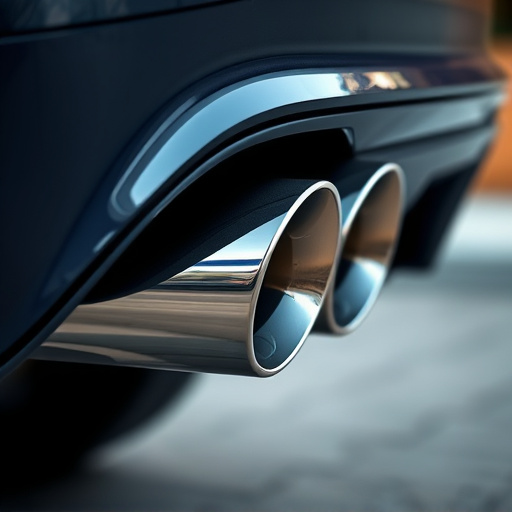
Optimizing your vehicle’s fuel efficiency is not just about choosing the right gasoline or keeping your engine well-maintained; components like brake pads and rotors also play a significant role. High-quality, durable brake pads reduce unnecessary wear on rotors, minimizing friction during braking. This means that your engine isn’t working overtime to overcome extra resistance, translating to better fuel economy.
Furthermore, regular inspection and replacement of brake pads and rotors can enhance airflow within the engine bay. Ensuring clear paths for cooling air, especially through proper ventilation and unobscured air intake systems like cold air intakes and air filter kits, allows for more efficient combustion. This, combined with reduced friction from well-maintained brakes, contributes to overall fuel efficiency and a smoother driving experience.
Brake pads and rotors play a crucial role in improving fuel efficiency by reducing drag during braking, which translates into lower fuel consumption. By understanding their impact and implementing strategies for optimal performance, vehicle owners can significantly enhance overall fuel economy. Investing in high-quality brake components not only benefits the environment but also ensures safer and more responsive braking, making it a smart choice for every driver.


